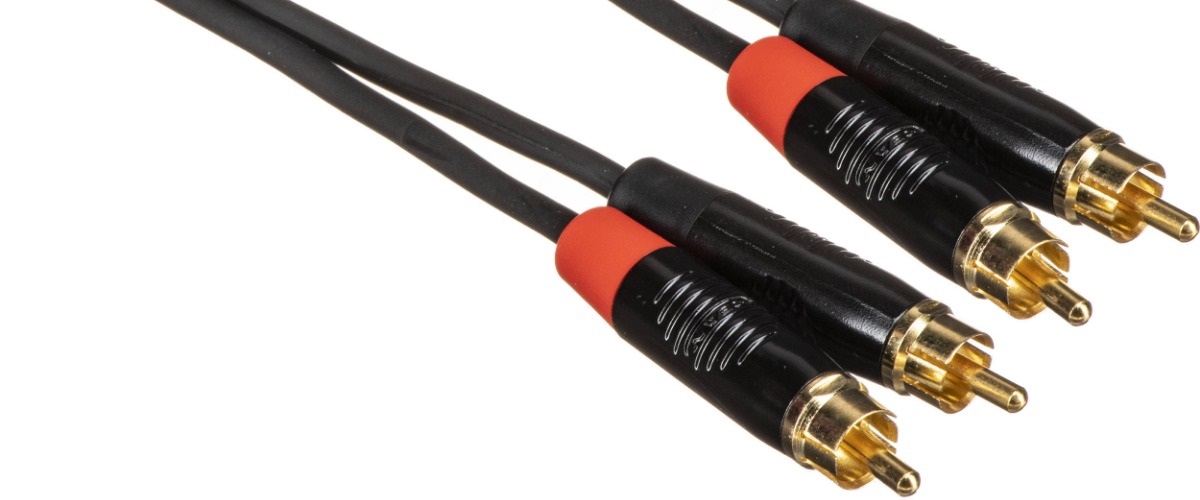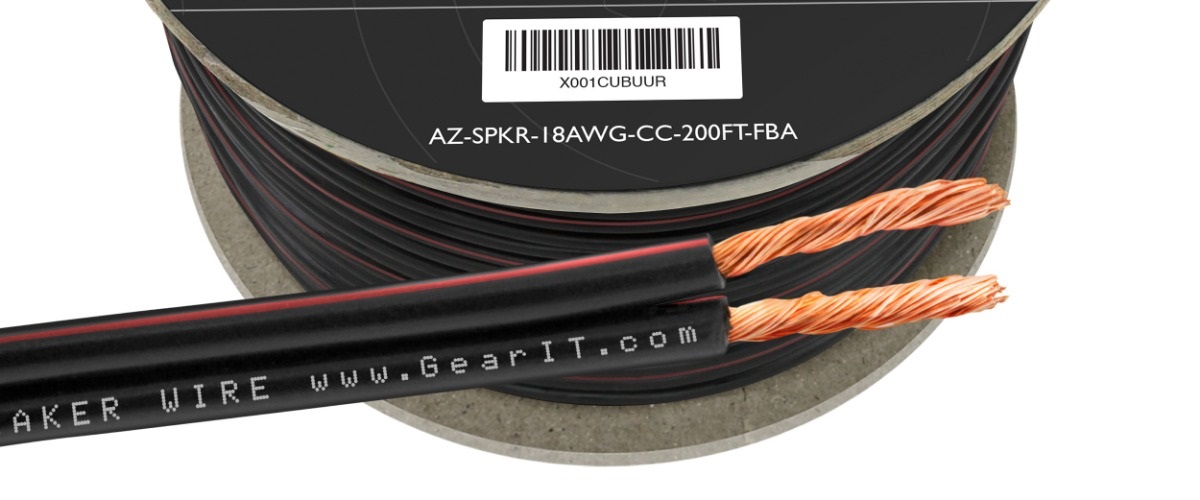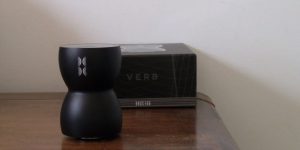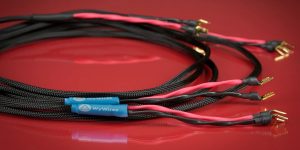No, you don’t need a special wire to connect speakers. However, using a speaker wire of a higher gauge can result in better sound quality. Additionally, making sure your speaker wire is insulated correctly will help to prevent electrical interference.
Besides, you may need an adapter to connect the speakers to your particular device. First, check the specifications of your device to see what type of connection it has. You can then purchase the appropriate adapter if needed. Most speakers nowadays use the standard 3.5mm audio jack, so you shouldn’t have any trouble finding a compatible cable or adapter. If you got a wireless vibration speaker, connect them by Bluetooth to your device.
What type of audio cable is it better to use for connecting speakers?
There is no definitive answer to this question since there are a variety of audio cables available on the market, and each has its own set of benefits and drawbacks. In general, however, it is advisable to use a higher-quality audio cable to connect speakers to minimize signal degradation. Some of the most popular audio cables used for connecting speakers include balanced XLR cables, unbalanced RCA cables, and optical Toslink cables. It depends on what type of system you have and your specific needs. If you have a simple stereo system, you can probably use standard RCA cables. If you have a more complex system or need to connect your speakers to an amplifier or receiver, you might need to use more specific types of cables.

The most common audio cable for connecting speakers is called a speaker wire. This type of cable is usually made from two insulated wires twisted together. The benefit of using speaker wire is that it can carry a much higher audio volume than standard RCA cables. Speaker wire is also less likely to pick up interference from other electronic devices, which can be a problem with RCA cables.
There are various types and brands of audio cables on the market, so it is essential to research to find the best option for your needs.
What length of wire to choose for the speaker’s connection?
The general rule is that the thicker the wire, the better. However, there are other factors to consider when choosing the thickness of your speaker wire.
The essential factor in choosing the correct wire gauge for your speaker connections is the overall length of the wire run. The rule of thumb is to choose a wire gauge capable of handling 10% of the total length of the wire run. So, for example, if you have a 100-foot-long wire run, you would want to use a wire gauge capable of handling 10 feet.

One more factor is the overall resistance of the wire. The lower the resistance, the better. Speaker wire is typically made from copper or aluminum, and each has its own resistivity. In general, copper is the better choice because it has a lower resistivity than aluminum. However, aluminum is often used in speaker wire because it is cheaper and lighter than copper. Besides, the higher the impedance, the thicker the wire you will need. A good rule of thumb is to use 16 gauge wire for 8-ohm speakers and 14 gauge wire for 4-ohm speakers. If you are not sure about the impedance of your speakers, you can always check the manufacturer’s website or contact customer support.
So, what to consider, when choosing a cable for speakers?
When choosing a cable for speakers, there are several factors to consider to ensure compatibility and optimal performance.
- Check the required gauge (thickness) of the wire. Most speaker cables are either 16 or 18 gauge.
- Check for shielded or unshielded options. Shielded cable is typically used in longer runs or runs near potential interference, while unshielded is more common for shorter runs.
- Consider the connector type. The most common are banana plugs, spade terminals, and pin connectors. Choose the type that best fits your speaker and receiver.
We are supported by our audience. When you purchase through links on our site, we may earn an affiliate commission at no extra cost to you.
Our newsletter
* We will never send you spam or share your email with third parties




